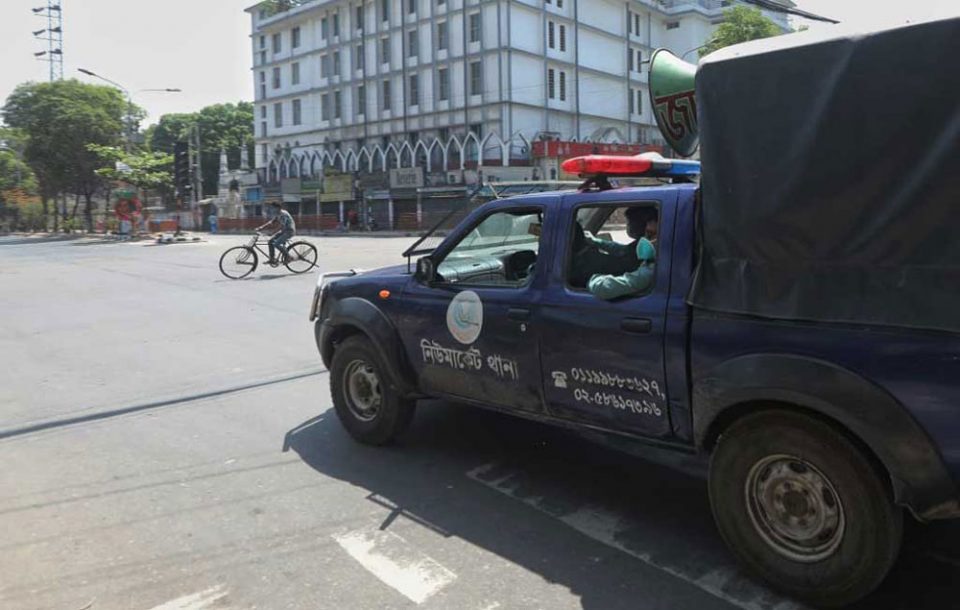Such punishments actually fall under criminal offenses themselves
The government’s decision to first declare and then extend the general holiday to April 11 was a commendable initiative to allow people to practice social distancing during the time of the coronavirus pandemic.
However, for Bangladesh, with its extremely dense population — particularly in the capital and other major cities — and general propensity for large gatherings, practicing social distancing is easier said than done.
Thus, in order for the general public to follow the directives of the government, to maintain social distancing and comply with their guidelines, the country has seen enforcement by members of the civil administration, police, army, and other law enforcement agencies through mobile courts and other means.
While this was a welcome decision, with the hope that the enforcement would prove to correct citizens and aid them with following the government’s guidelines, it is unfortunate that some of these enforcers are not doing their jobs properly, instead choosing to punish civilians in a manner that is not only humiliating but outright illegal.
While the law states that people can be fined for acting in a negligent manner and putting others at risk, punishments such as beating with sticks and being made to stand and hold ears are totally illegal as per the Penal Code 1860.
In fact, such punishments actually fall under criminal offenses themselves, punishable with fines and imprisonment.
Such actions help no one, and instead break the already-fragile trust between the general population and civil servants.
We cannot afford to let this happen, especially given such a critical time.
Therefore, we hope that the civil servants engaged in handing out these illegal punishments are swiftly corrected and dealt with.
In these difficult times, the last thing we all need is civil servants overstepping their bounds and abusing our citizen rights .


